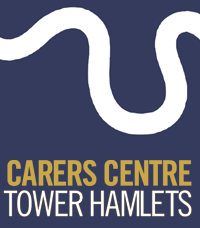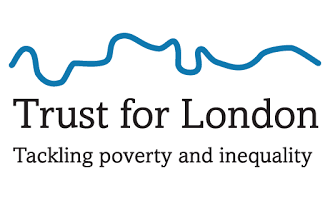Hello Everyone
So another amazing week has gone by and great seeing so many of you at the Carers Centre, taking part in the Carers Wellbeing Academy activities. We had peer support groups and welcomed new attendees and this allowed carers to share, chat and be with people who understand their shared caring role. We had creative groups which help carers have mental respite and mindfulness as well as learning workshops to learn digital skills, English as a second language because The Academy’s aim is to Inform, Support and Connect carers to better wellbeing.
So I want you all to have a restful weekend if possible and come join in the groups next week as we have a full timetable. I am off this weekend to see Mum in the nursing home, I think I might have someone to come and clean my parents house because my Dad and Nephew continue to live the bachelors life and their idea of cleaning is, well I can’t begin to describe it because it is certainly different to mine. Really though with Dads visual impairments and mobility problems and a seventeen year old idea of cleaning, they need the support and as I have mentioned my Nephew is a kind, caring lad who is there for company for my Dad. I am trying to convince him to go into the caring support business as I feel he will be an asset.
To end on a light note, this weekend marks the end of National Pie Week and I thought I would plant the idea in your heads about having a pie. What is your favourite flavour? what do you have with your pie? I am married to someone from Manchester so it is gravy all the way, with chips and peas – so can can you guess what I will cooking?????
HISTORY OF BRITISH PIE WEEK
No one in the world loves pies as much as the British. They are responsible for the invention of most of the pies that we know and love today. Sweet or savoury — there’s a pie for every occasion and we’re here to celebrate all week!
Pies are said to have been invented by the ancient Romans sometime before 2000 B.C. The story goes that a recipe for chicken pie was written on a tablet in Sumer. Another piece of evidence proving a long history of pies is to be found in the Valley of the Kings — Pharaoh Ramesses II’s tomb to be precise. Pie cases get a mention in a 1st-century Roman cookbook called “Apicius.”
In the Medieval era, pies in the United Kingdom were usually savoury meat pies cooked over an open fire. One of the many pie traditions that goes back centuries is eating mince pies during the festive season. This dates back to the 13th century, when the Crusaders brought home recipes for pies containing fruit and spices.
Medieval England had an early form of sweet pies, but they were called tarts. At this time, fruit pies were unsweetened, because sugar was rare and costly. In the 15th century, people started making custard pies and pies filled with dried fruit. A cherry pie served to Queen Elizabeth I in the 16th century became the first fresh fruit pie to be recorded.
British Pie Week was founded in 2007 by Jus-Rol, a British pastry-rolling company. However, in 2016, the website Pierate decided to take over the holiday, baking hundreds of pies and sharing the recipes online with their followers. Each year, Pierate holds competitions and ranks pies based on their taste and construction, inspiring others in Britain to do the same.

Next week’s Carers Forum….
Wednesday 16th March 11am to 1pm @ Carers Centre or Zoom – email tony@ccth.org.uk for a place
The Care Quality Commission (CQC) are highlighting the importance of providing feedback about your experiences of care in their ‘Because We All Care’ campaign. The campaign encourages people who use or support other people to use health and social care services to provide feedback about their experiences.
The CQC are the independent regulator of health and social care in England. They make sure that health and social care services like hospitals, care homes, GPs etc. provide people with safe, effective, compassionate, high-quality care and encourage services to improve.
The CQC would like to encourage people to give feedback about the care that they receive so that they can better understand people’s experiences and help make care better for everyone.
Whether those experiences are good or bad, it is valuable to the CQC.
CQC use the feedback to keep track of the quality of care services provide. It can help them decide if they need to look more closely at a service or take action.
Everyone has different needs and experiences of care. We must all have our say to make sure that health and social care works for everyone.
There are different ways for you to share your experiences:
Visit CQC’s website and complete the give feedback on care form
If you are unable to complete the online form you can call CQC on 03000 616161 (lines open Monday to Friday, 8.30am to 5.30pm excluding bank holidays)
If you are deaf or hard of hearing you can contact CQC in other ways including British Sign Language (BSL) and text relay. Please visit the CQC website to learn more.

Also talking of feedback, I have been advised by the Carer Wellbeing Champions to send out reminder emails to carer with each blog’s direct link. If you want this please email and I will add to the list.

Thursday 17th March – 1.30pm to 2.30pm – Carers Mental Health Programme with Talking Therapies
Goal Setting & Commitment
Carers often tell us they have difficulty maintaining their commitment to a diet, exercise class, people. So, we thought that it could be due to juggling new initiatives, the caring role, parenting, exhaustion or simply needed guidance and this could lead to it turning out short lived? How about some help and ideas on how to manage commitments for longer and successfully achieve some of your goals?
If you want to attend this workshop you will need to sign up, commit and complete a form beforehand, carers will not be accepted onto this workshop without doing these tasks. So if you want to have a place then email tony@ccth.org.uk and he will help you sort your spot.
Next Weeks Activities
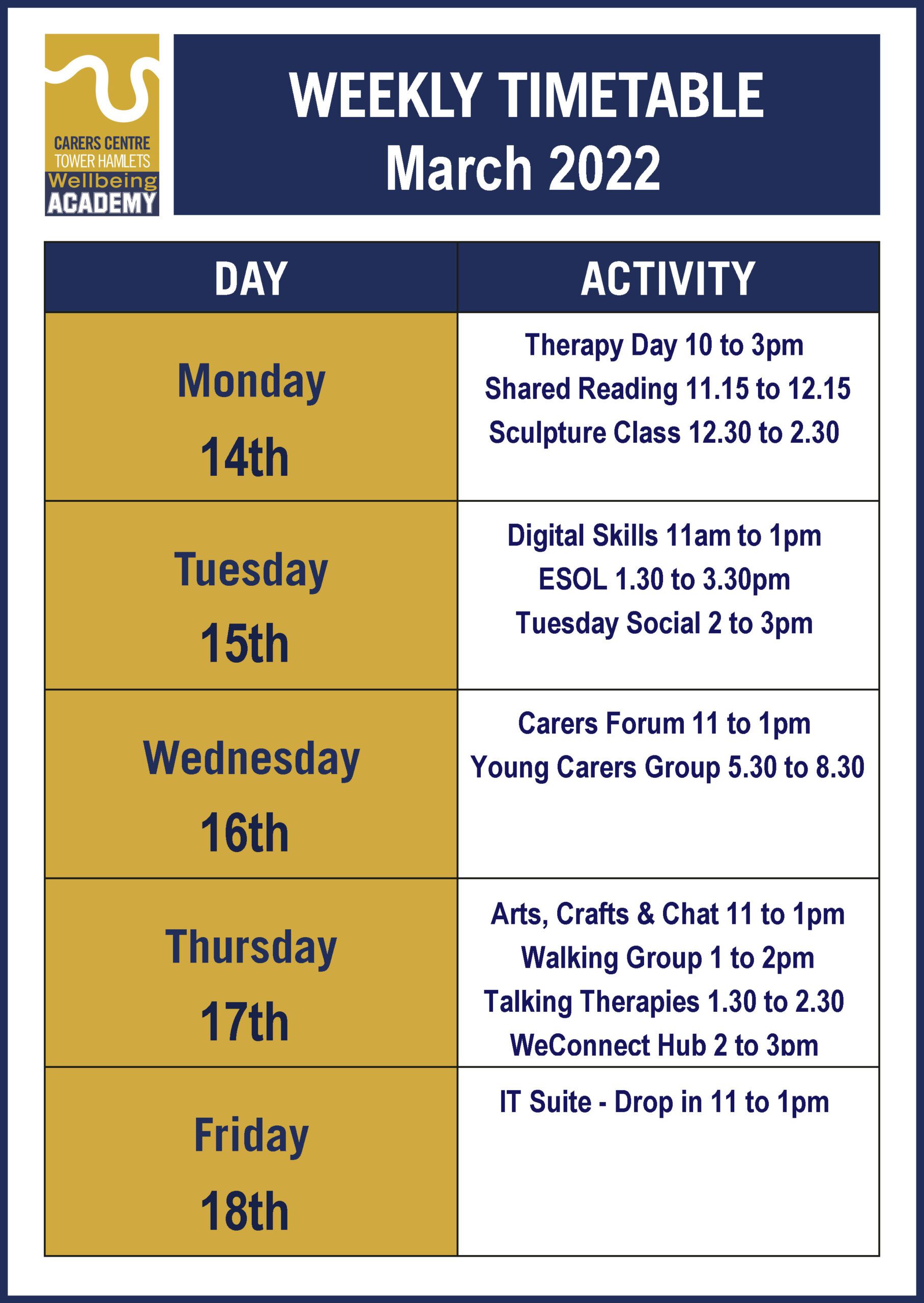

Looking to launch your career or find a new exciting role?
Job hunting is very time-consuming, that’s why we are hosting a virtual Careers Fair on Wednesday 16 March, from 5-7pm. Connect with live roles and opportunities in exciting startups in marketing, coding, data science, software engineering and more. Fast-track your job search and speak directly to the companies offering jobs. So don’t think twice, come along to the LIFT Careers Fair!
Sign up >
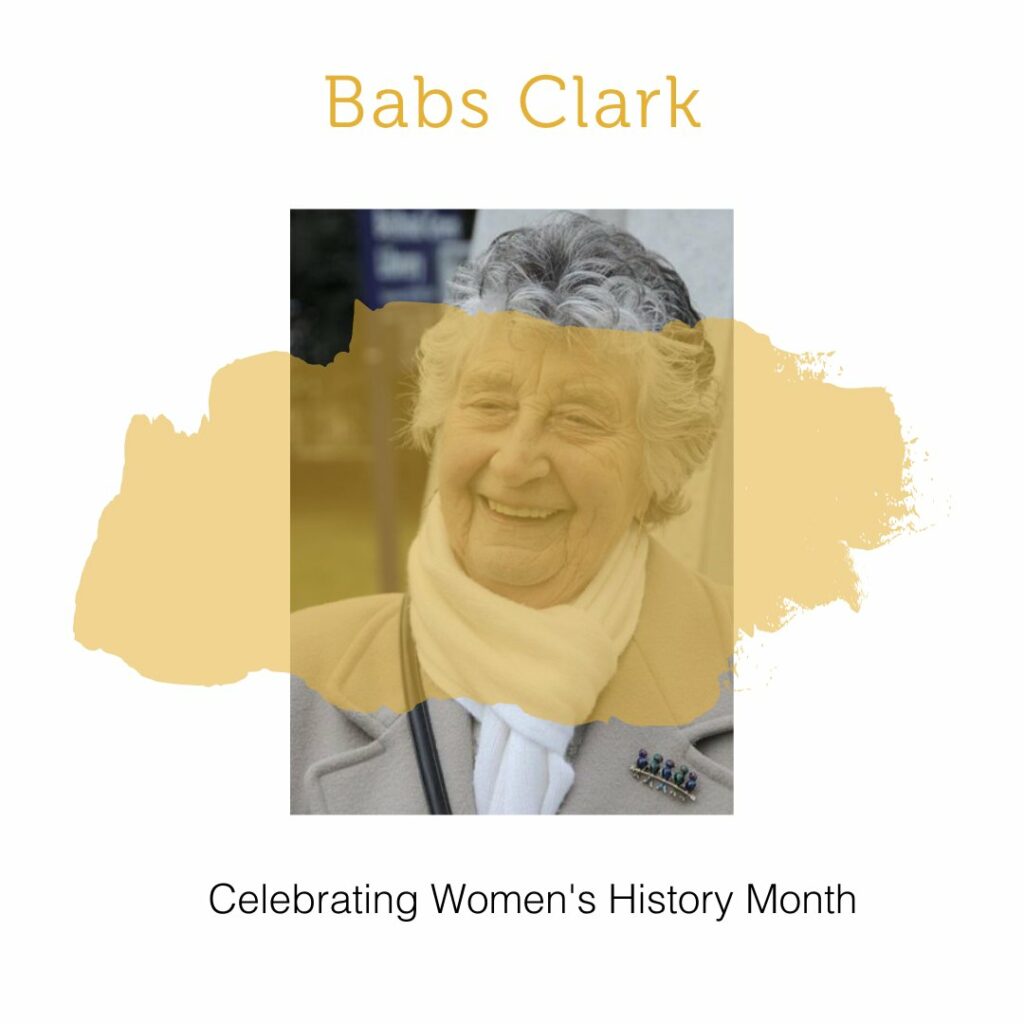
As March is Women’s History Month we’re shining the light on women with a historic story to tell. Like Babs Clark – One of the survivors of the Bethnal Green Tube Disaster 1943. To find out more about her story visit tinyurl.com/425yenfn
https://www.ideastore.co.uk/assets/documents/Local%20History%20Archives%20Online/BG%20Disaster%20WHM%20Exhibition%20Booklet%20FINAL%20UPLOAD.pdf
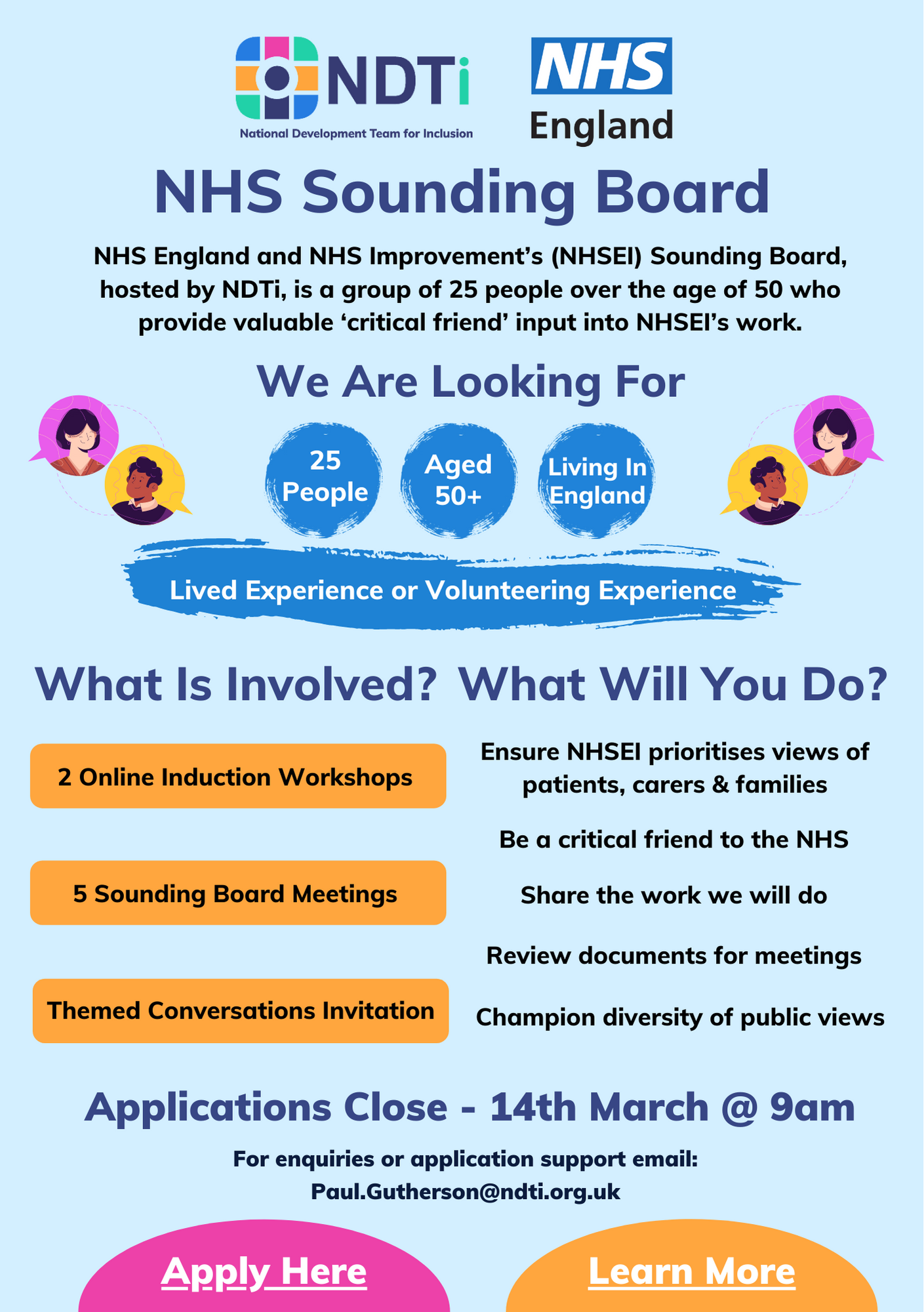
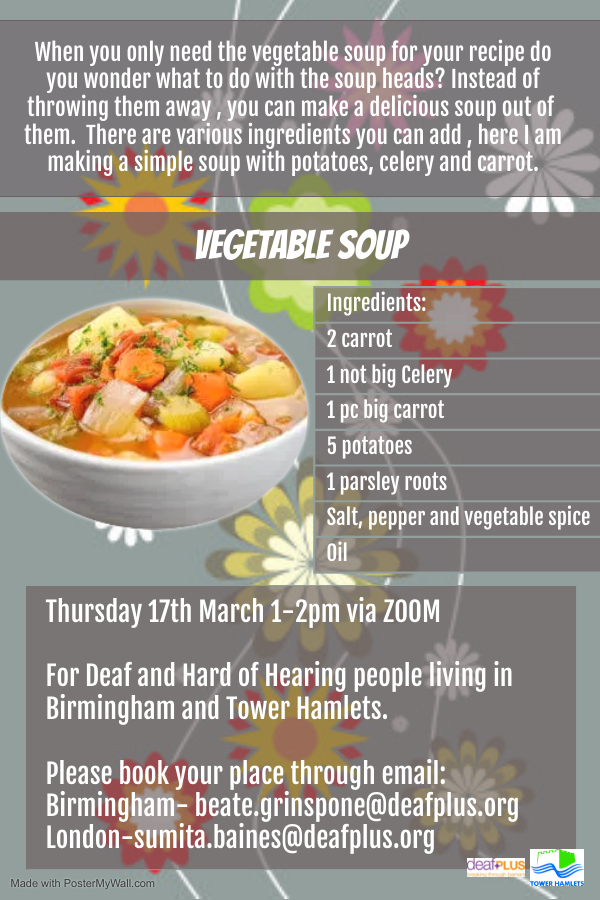
It’s a baby……

New free parenting app
Parenting charity, Best Beginnings, has launched a new free app to help parents give their child the best start in life. Baby Buddy 2.0 provides bite-sized information and advice from pregnancy, to birth, to their babies first year.
Parents in North East London can now access extra, localised information from their local maternity unit. When joining the app, parents due to give birth at The Royal London Hospital, Newham University Hospital, Homerton University Hospital, Whipps Cross Hospital and Queen’s Hospital will have access to additional information regarding their maternity unit.
More info >

Did you know……
Yoga for Carers – March 23rd 2.30pm to 4pm at London Buddhist Centre
The Academy has commissioned Breathing Space to deliver a much-requested taster session on Yoga for Carers to aid their wellbeing. It takes place at the Buddhist Centre and did you know that yoga can support your wellbeing in the following ways?
Yoga improves strength, balance, and flexibility. …
Yoga helps with back pain relief. …
Yoga can ease arthritis symptoms. …
Yoga benefits heart health. …
Yoga relaxes you, to help you sleep better.
Learn some basic poses to help the body to stretch and release. Open to all levels of experience, including complete beginners.
We have 12 places, and you can only reserve your place by emailing tony@ccth.org.uk

Check out a new free course that has just been launched that focuses on carer wellbeing. It is called ‘Physical activity for health and wellbeing in the caring role’ and has been kindly endorsed by the Carers Trust. The course is 6 hours in length and learners can achieve a ‘badge’ on completion of the end quiz, and this can be added on a CV to evidence their learning/continuous professional development. We hope that it will be helpful to those working with carers, including carer centre staff, those supporting carers less formally and importantly carers themselves!
A carers guide to home fire safety
A new video resource has been launched on the London Fire Brigade website to help carers learn how to keep people that receive care safe from fire.
Sadly, around one third of those here who die or are severely injured by fire are in receipt of some form of care or support. If you are a formal (domiciliary care worker, support worker or clinician) or informal carer (family member, friend or neighbour) and are caring for someone in their own home, this new resource will help you identify fire risks and show you what you can do to reduce them. There is also more information available on the website around fire safety and prevention.
Watch the video >

ELOP’s LGBT+ Groups
Join our fun, friendly and non-judgemental safe space to meet new people and discuss LGBT+ topics!
LGBT+ Over 50 Social Group
Every Monday 1.00 – 2.30pm, online
LGBT+ Social Support Group
Every Tuesday 7.00 – 8.30pm, online
Stonewall – https://www.stonewall.org.uk/
LONDON Friend – https://londonfriend.org.uk/
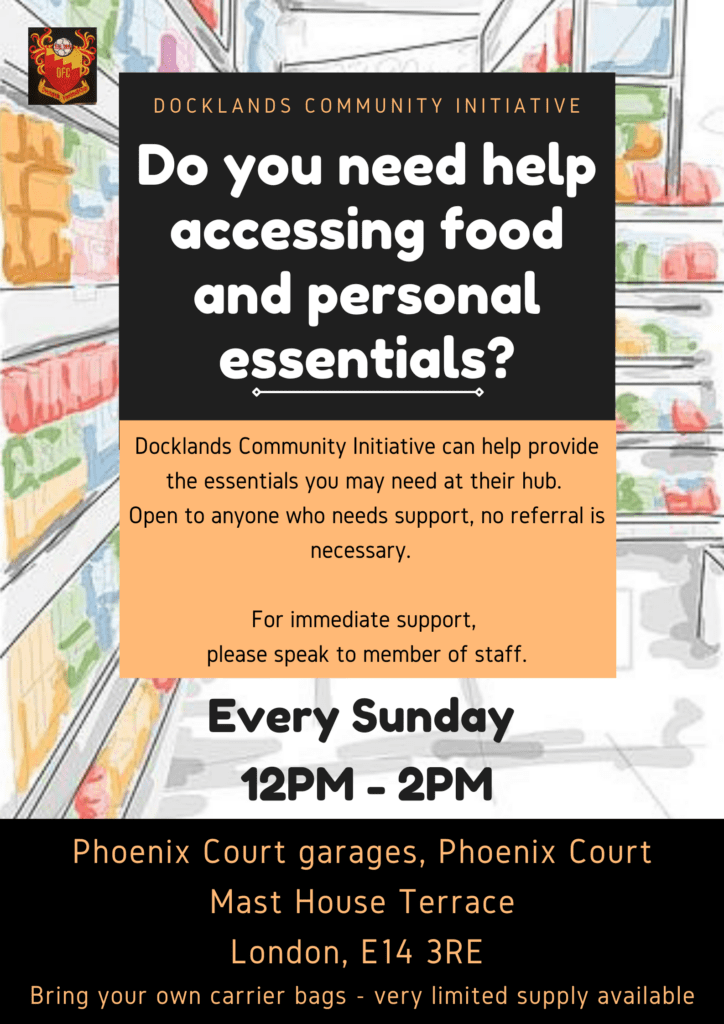
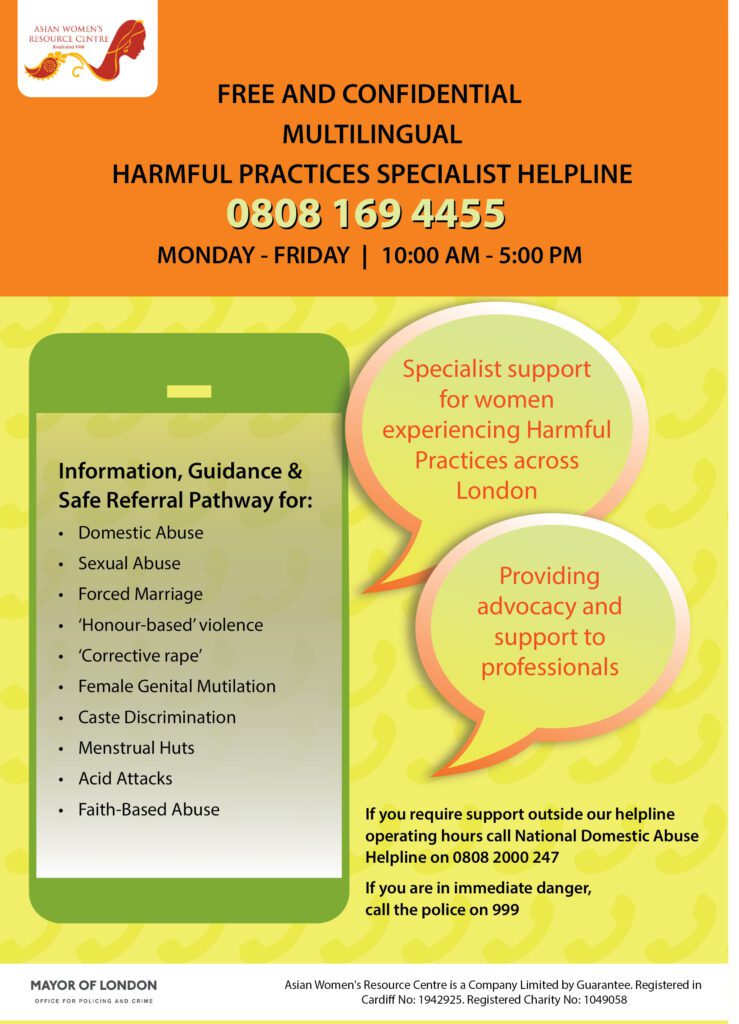
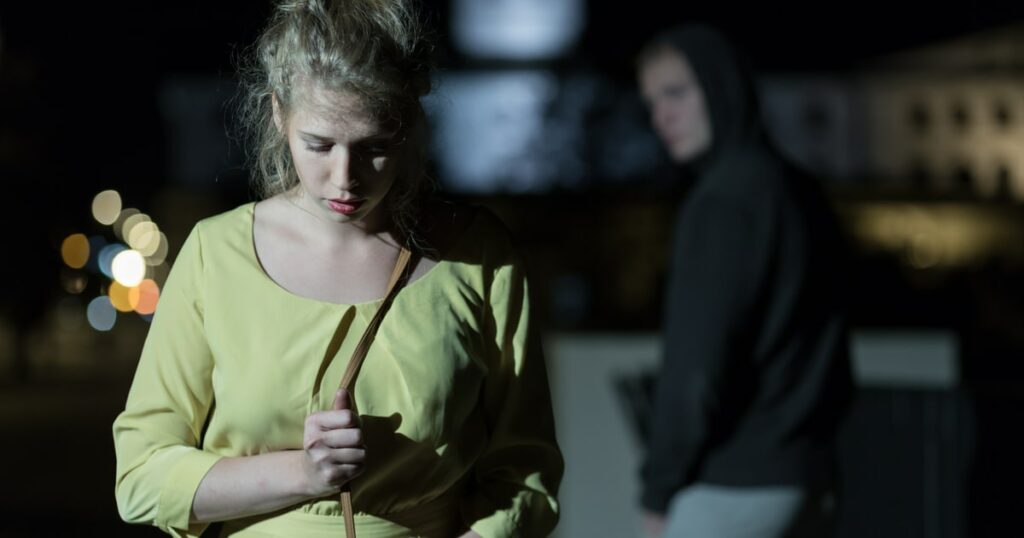
WALKING ALONE? REMEMBER THESE 10 TIPS
1) Plan Your Route
Make sure you plan your route ahead of time. If you are walking in an area you are not familiar with, this can help keep you from getting lost. You will be able to walk with confidence. If you do get lost, don’t wander aimlessly, find a gas station, supermarket, or fast-food restaurant where you can ask for directions.
2) Make Sure Someone Else Knows Your Plans
Don’t go out when it is dark without telling someone, even if you are just taking the dogs out for a walk around your neighbourhood or walking home from a friend’s house nearby. It may seem paranoid, but in fact, knowing someone knows where you are can be reassuring and help you feel safe. If you fall and hurt yourself or run into trouble, and someone knows where you are, they can send help if you don’t arrive at your destination on time.
3) Always Carry Your Phone with You
Always carry your phone, but not for music or to make social calls as your walk. Your phone can be a lifeline if you see something suspicious or worse if something happens to you. Download a safety app on your phone, so you’ll be able to discreetly alert the authorities if you feel threatened or see something suspicious.
4) Avoid Suspicious People and Areas
Areas that are dark, deserted, or out-of-the-way, such as an alley or a parking lot, can be riskier than a well-lit area full of people. Stick to busy, lighted paths, to minimize the risks. Also, walk mainly in familiar places where you are known. That way, if you feel like a suspicious person is following you, you can always duck into a store you know or knock on a neighbour’s door. Avoid empty streets and pathways with thick shrubbery.
5) Keep Your Hands Free
Except for a flashlight and one of the items discussed below, keep your hands free. If you are carrying anything, put it all in one bag or backpack. This will make it easier for you to react if you notice someone following you. In a dangerous situation, carrying too many bags can keep you from moving as quickly as you can if your hands are free or if you only have one bag.
6) Carry a Non-Violent Deterrent
In addition to a flashlight, carry a non-violent deterrent such as a whistle, mace, or pepper spray. A whistle will help you alert others and call them to aid you if something is wrong. The loud noise may put off attackers, and they’ll move on to find someone else. Mace or pepper spray can give you enough time to evade a potential attacker, and in a pinch, a flashlight can be used as a weapon. Make sure you know how to use the mace or pepper spray to get its full effect.
7) Wear Reflective Clothing to Prevent Accidents
When it comes to personal safety, it’s not just about suspicious people. Areas with low visibility can be prone to accidents. Reflective clothing allows bikers and cars to see you as you walk along. A flashlight or headlight can also help drivers see you if there are dark stretches of road on your route.
8) Take a Self-Defence Class
When fighting off something as an assault, the element of surprise can work in your favour. If you regularly walk alone, take a self-defence class. You don’t have to become a black belt. In fact, it’s probably better to learn something like Krav Maga, which has been popular for self-defence. The idea is to disable your attacker enough for you to get to safety, and a class focused on self-defence will help give you those survival skills.
9) Remove Any Distractions
Keep your phone in your hand in case you need to hit the panic button on your safety app, but don’t let it distract you. When walking alone at night for exercise, music can be motivating and energizing but also distracting. You may not hear someone driving or walking up behind you. Avoid wearing headphones or talking on your phone as you walk.
10) Trust Your Gut
When walking alone at night, trust your gut. If you feel like an area or situation may be dangerous, don’t wait around to find out. Stop and scan your surroundings if you think someone is following you. If you are being followed, walk as quickly as you can to a well-lit public place. You can wait until you feel safe, or call a friend, a taxi, or an Uber to help you get safely get home at night.
Following these personal safety tips will help keep you stay safe when walking alone. Always be aware of where you are and alert to suspicious activity.

Important Numbers:
Domestic Violence Duty Line: 020 7364 4986 between 9am – 5pm.Victim Support: 020 7364 2448/7957
Just wishing everyone a peaceful, safe and week and remember if you need information and advice from the Carers Centre just email enquiries@ccth.org.uk
Tony Collins-Moore
Carers Wellbeing Academy Manager

Opening hours
Monday - Friday – 9.30am – 5pm
Saturday and Sunday – Closed
